"Art has the power to transcend boundaries and speak to the hearts of individuals. Through creativity and collaboration, we can build a world free from violence and discrimination."
A participant to one of the workshops
In a world where harmful practices like child marriage, female genital mutilation, and sexual and gender-based violence persist, art can be used as a powerful force for change. This is what emerges from our experience in Kenya and Somalia, where CISP and UNICEF ESARO (Eastern and Southern Africa Office) joined hands recently for a series of successful initiatives.
In the counties of Samburu and Migori in Kenya and in Mogadishu in Somalia we have supported six local organizations in the development and implementation of six pilot projects to integrate the use of specific artistic methodologies into activities to change the negative practices present in these communities. These projects have focused on the transformative power of art using in particular the techniques of Body Mapping, Storytelling and Theater of the Oppressed.
The organizations who took part to the projects were trained by experts in the various methodologies and then used the artistic techniques learned as a tool to promote conversation on sensitive issues such as early marriage and female genital mutilation, with different groups in their communities such as women, youth and community leaders. Art, the protagonist, was able to spark debate and drive change where it mattered most, in the hearts and minds of the community members.
The projects closed with an event held in Nairobi at the end of 2023, where representatives of local organizations from Kenya and Somalia and other actors working in the sector shared success stories, lessons learned and hopes for the future.
What did we all learn?
- Involving local communities is important: artistic methodologies have proven to be effective tools for starting crucial conversations on sensitive topics. Local organizations should continue to harness the transformative power of art to drive positive change within communities.
- Training sessions on artistic methodologies provided local organizations with the knowledge and skills needed to implement innovative interventions. Continuous capacity building is essential to sustain long-term impact.
- Replicating success stories: Successful components of pilot projects should be strategically integrated into future social norm change programs.
CISP has also developed a publication to document the work carried out which will also serve as a guide for other organizations undertaking similar initiatives.
The work of these six pilot projects has shown us that through the transformative power of art it is possible to promote change and combat harmful practices to create a more inclusive society for all and free from violence and discrimination.

